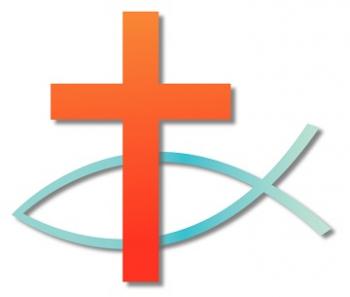Abraham is the “father” of three main modern religions: Judaism, Christianity, and Islam.
Tradition states that God made a covenant with Abraham, a man lived in Mesopotamia before recorded history, that he would father a nation (the Israelites) and lead his people to the Promised Land, Canaan.¹
"Now the Lord said to Abram, “Go from your country and your kindred and your father's house to the land that I will show you. And I will make of you a great nation, and I will bless you and make your name great, so that you will be a blessing." Genesis 12:1-2
Abraham's descendant, Moses, wrote the Torah, which became the basis of the Jewish faith. Jesus of Nazareth, a Jewish man in the beginning of the first century, was crucified by the Romans and his followers formed Christianity.¹ Islam recognizes Abraham and Jesus as prophets of God and forerunners to Muhammad, the last prophet of God (Allah).¹
These three faiths share several core beliefs, beginning with the idea of a single God (monotheism). Abrahamic religions believe that God created the universe and has sent prophets to Earth, revealing his divine will and laws.² The religions share the idea of a moral and ethical code and that good and evil is a choice (obeying or disobeying the laws of God).²
This category comprises of comparisons between and the similarities of the three Abrahamic Religions as well as questions that relate to more than one. Other comparisons, between Abrahamic Religions and other faiths, can be found in Comparative Religion.²
References:
1. The Global Religious Landscape. 2012. Retrieved May 22, 2014, from http://www.pewforum.org/2012/12/18/global-religious-landscape-exec/
2. Jansen, G. Richard. 2006. The Bible and the Koran: Abraham, Jesus, Muhammed. Retrieved May 22, 2014, from http://lamar.colostate.edu/~grjan/Three%20Abrahamic%20Faiths.html
© BrainMass Inc. brainmass.com June 26, 2024, 2:44 pm ad1c9bdddf


